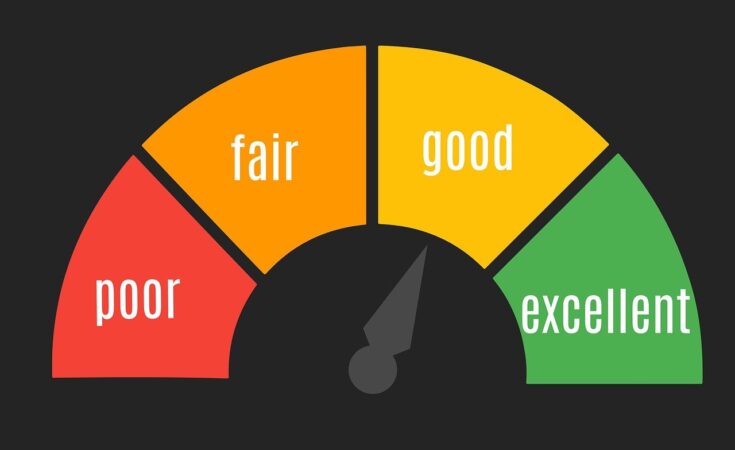In our day-to-day lives, we often have relationships that range from wonderfully supportive to challenging—even toxic. Sometimes, friends or family members with good intentions can make comments that feel judgmental or offer advice we never asked for. The old saying, “Advice is free, but the costs are yours to bear,” is a reminder that advice-givers aren’t the ones facing the consequences of our choices. In this article, we’ll explore ways to recognize and respond to these challenging dynamics, discuss their impact on well-being, and offer practical tips to handle them gracefully.
Understanding Undermining Relationships
Sometimes, people who give advice end up imposing their own opinions in a way that feels like criticism. This can be subtle, often wrapped in well-meaning statements that can still undermine our confidence or create self-doubt, like:
- Comments about our life choices: “I don’t get why you’re doing that; you’re making things harder for yourself.”
- Advice framed as judgment: “If I were you, I’d do it this way…”
- Bringing up our past mistakes: “See, I told you that wasn’t a good idea.”
Over time, hearing these things can lead to unease and weaken self-esteem. We start to question ourselves, wondering, “What if they’re right? Am I really making good decisions?” This is why it’s essential to recognize these patterns early on.
Each person’s ideal version of a “good life” is different. Many people think they know the “best” way to live, yet they may ignore the complexities of individual goals and personal circumstances. Here’s a quick example: During my early career, one of my friends, already employed, encouraged me to join her in a stable, routine job. But my dream was to build a career in consulting for entrepreneurs, even if it meant a longer path to stability. She dismissed my goals, saying, “Well, I’m working and you’re not!” Years later, she was exhausted and unfulfilled in her role, while I was thriving in my chosen field. This experience highlights the importance of tuning out criticism and trusting in one’s own journey.
Why “Advice-Givers Aren’t the Ones Paying the Price”
People often give advice based on their own fears and experiences, which don’t always match our reality. It’s a reminder that while someone else might think they know what’s best, they won’t be the one living with the consequences. Once, after a breakup, a friend who was recently married expressed sympathy, insisting I should work toward “emotional stability.” Her advice seemed rooted in her own recent life changes, but as years passed, her situation evolved differently than she expected. This story serves as a reminder that advice is often more about the giver’s own insecurities than about us.
The Impact of These Relationships on Our Well-being
Constant exposure to judgmental remarks and unsolicited advice can take a toll on mental and emotional health. In the field of mindfulness, we recognize that such dynamics can:
- Increase stress and anxiety, especially under constant criticism.
- Lower self-esteem as we internalize others’ judgments.
- Create inner confusion, making it harder to make independent decisions.
Mindfulness practices can help by encouraging self-reflection and grounding us in our own sense of self. Techniques like deep breathing, grounding exercises, and positive visualization build resilience, helping us reduce the influence of external judgments.
Practical Tools to Strengthen Self-Trust
Here are a few practical exercises that can help you navigate challenging situations with confidence:
- Grounding for Confidence: Try grounding techniques to reinforce your sense of stability in the face of outside influences. Close your eyes, breathe deeply, and imagine yourself rooted to the ground, like a strong tree unaffected by external winds. This exercise helps remind you of your inner strength.
- Positive Visualization: Visualize yourself moving forward in your life, making empowered decisions free from outside judgment. Picture yourself confidently pursuing what feels right to you, embracing a sense of independence and clarity.
- Releasing Tension: Negative comments can create physical tension, especially around the shoulders or chest. Practice deep breathing exercises, letting each exhale release any emotional weight you’re holding.
- Listening to Your Inner Voice: Mindfulness encourages a daily habit of tuning into your intuition. Spend a few minutes each day reflecting on your choices and listening to your gut feeling, helping you stay true to your path without being swayed by external opinions.
Setting Healthy Boundaries
Finally, learning to set boundaries is key to maintaining peace. Avoid seeking advice from people who struggle to respect your autonomy, and remember it’s okay to say no to unhelpful comments. Calmly express that you prefer making your own choices or steer conversations away from areas that you find sensitive. Protecting your boundaries fosters your well-being and confidence.
Conclusion
While advice from others can sometimes be helpful, it should never lead to self-doubt or feeling undervalued. Mindfulness practices offer a way to reconnect with ourselves and regain autonomy in the face of challenging advice. By grounding ourselves, visualizing our goals, and listening to our own intuition, we can confidently tune out unneeded judgments. Remember, you know what’s best for you—no one else does. After all, the advice-givers aren’t the ones living your life.


































